During the dry season of 2023-2024, people in some localities of Ben Tre province reported that the source of domestic water was salty. Therefore, it has affected people's lives to some extent.
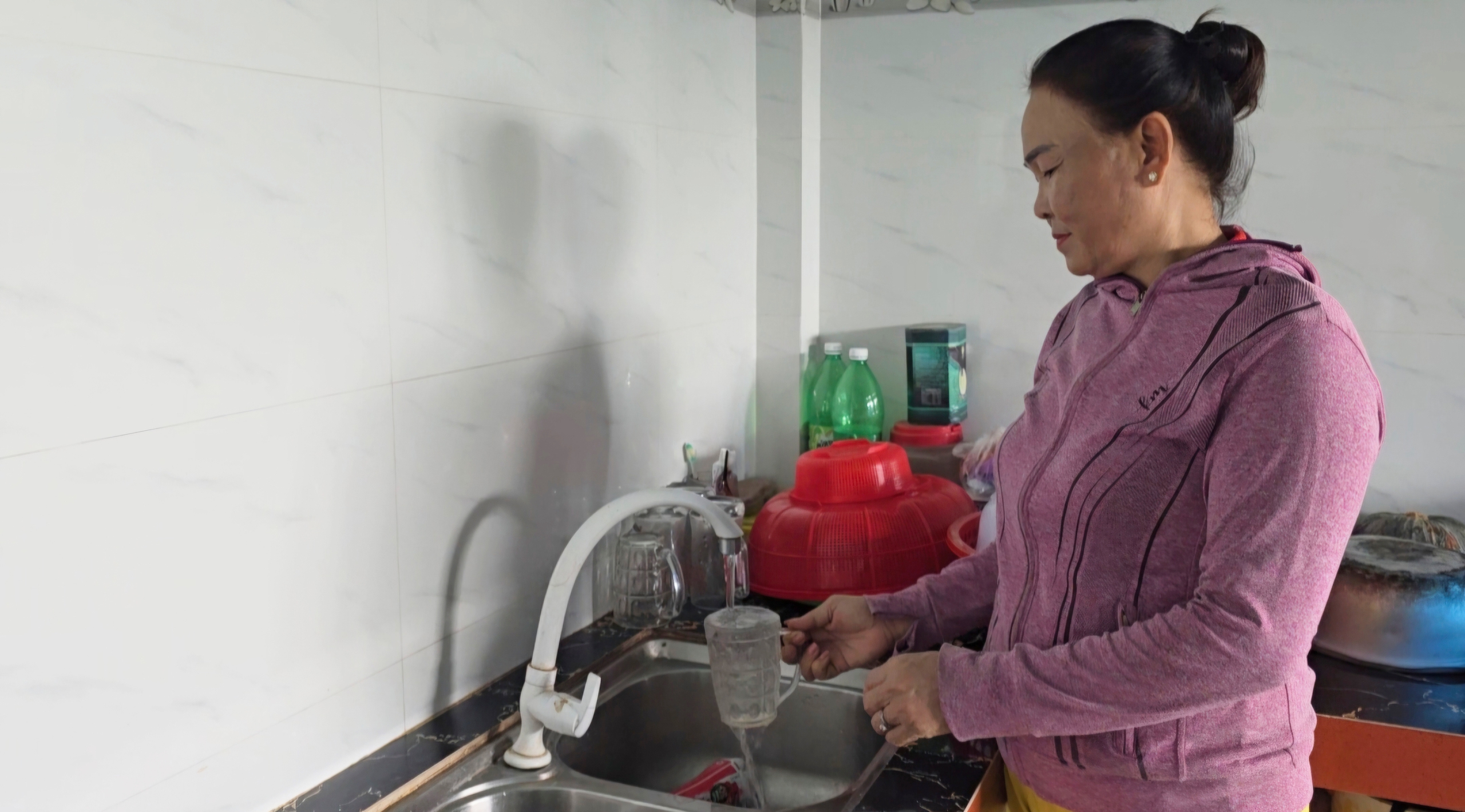
Ms. Nguyen Thi Duong, residing in Hamlet 3, Thanh Tri Commune, Binh Dai District, Ben Tre Province, said that during the dry season of 2023-2024, the domestic water source will be contaminated with salt every time the tide rises. Photo: HX
Speaking to reporters, Ms. Nguyen Thi Duong, residing in Hamlet 3, Thanh Tri Commune, Binh Dai District, Ben Tre Province, said that the domestic water source is contaminated with salt every time the tide rises. However, the situation is better than in previous years.
Like Ms. Duong, some households in Thanh Tri commune, Binh Dai district, Ben Tre province also said that sometimes the domestic water is salty (supplied from the local tap water source which is salty). The salty water cannot be used for cooking but can be used for bathing and washing clothes.
Some people in Luong Phu commune, Giong Trom district also said that since Tet, tap water has become salty.
According to the reporter's investigation, the reason for the salinity of tap water in Ben Tre is because factories take water from the river for treatment. However, this water source is saline. Accordingly, the highest salinity is during high tide.
Regarding the issue of saline tap water, recently, at a press conference on February 19, Mr. Vo Tien Si - Deputy Director of the Department of Agriculture and Rural Development of Ben Tre province confirmed that it happened at some water plants managed by the Center for Clean Water and Rural Environmental Sanitation.
To solve the above situation, Mr. Si said, relevant units are making budget estimates to implement a plan to transport fresh water for treatment and supply to people. Some water plants managed by private companies are also having solutions to treat fresh water to better serve people.
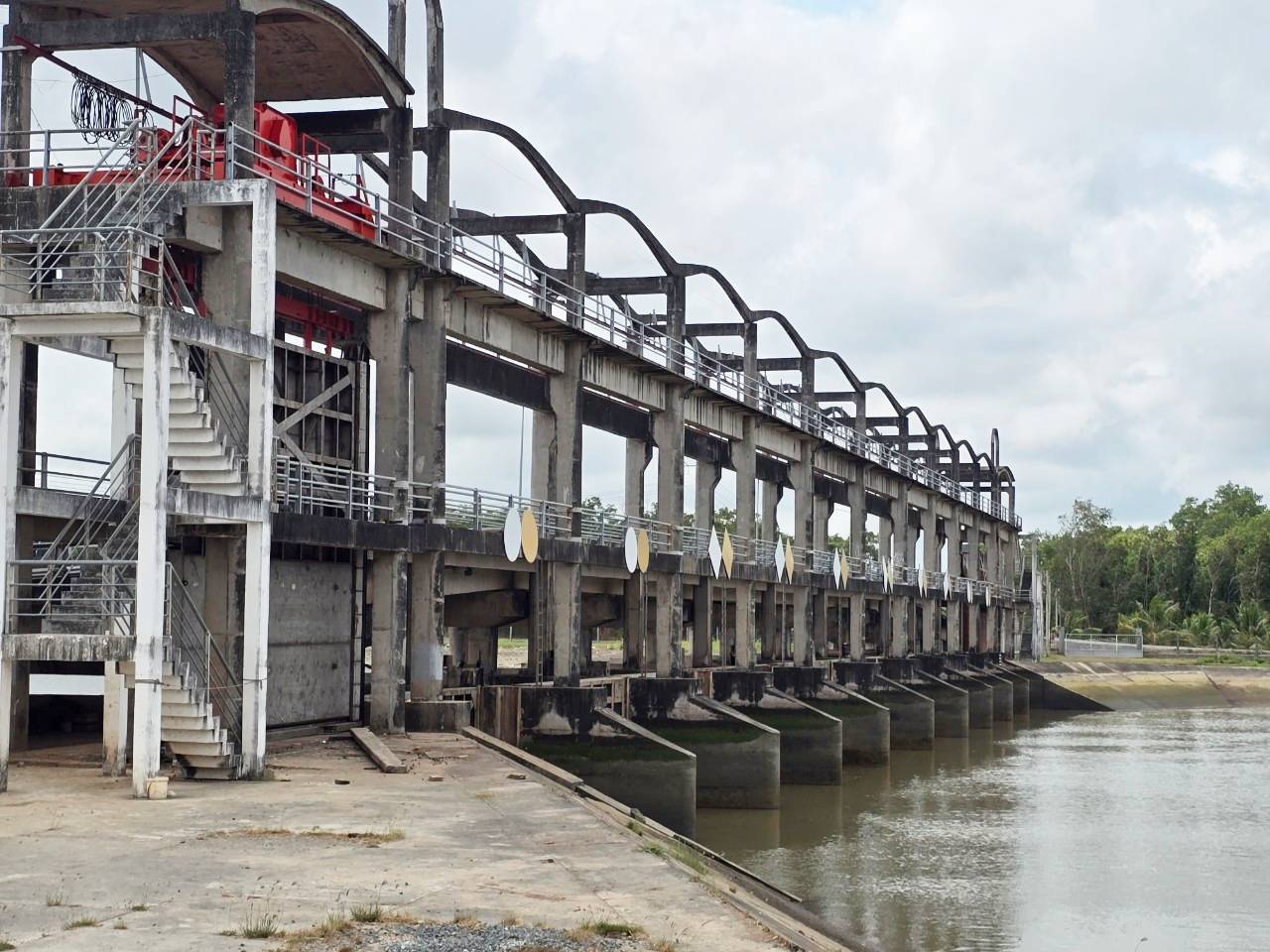
Ba Lai sluice in Ben Tre province is closed to prevent salt water from entering the fields. Photo: HX
The Center for Rural Water Supply and Environmental Sanitation is managing 32 water plants (operating water supply at 27 plants, 5 water plants have been connected to the network).
Of which, about 10 water plants take raw water from the irrigation system with relatively stable salinity according to the operation of the system.
The remaining water plants have salinity increasing and decreasing according to the salinity in rivers and canals (the highest is in Giong Trom district, water plants: Tan Hao, Phuoc Long, Hung Nhuong, Luong Phu and Mo Cay Nam district).
Salinity in water supply areas as of February 15 is as follows: Binh Dai, Ba Tri ranges from 0.1-3.10‰, Thanh Phu area from 0.3-2‰, Mo Cay Nam area from 0.2-3‰, Giong Trom area from 0.1-1.9‰, Mo Cay Bac area from 0.1-2.7‰, Chau Thanh area from 0.1-0.7‰.
It is forecasted that from now until February 27, there will be another wave of saltwater intrusion. Next, from early March to early May, there will be many waves of saltwater intrusion into the rivers of Ben Tre province. In particular, the deepest saline intrusion line on the rivers will appear in March.
The Department of Agriculture and Rural Development of Ben Tre province said that saline intrusion in the province depends on water sources from upstream, water demand in the Mekong River basin, high tides and the activity of "monsoon winds" in the coming time.
According to many assessments, in the 2023-2024 dry season, saltwater may intrude earlier, deeper and longer than the average of many years. Therefore, units under the Department of Agriculture and Rural Development of Ben Tre province are strengthening monitoring, at the same time propagating and mobilizing people to actively store fresh water for daily use.
Chairman of Ben Tre Provincial People's Committee Tran Ngoc Tam said that drought and salinity prevention work in the province has been proactively implemented since mid-2023. However, due to the forecast of complicated developments, the Provincial People's Committee has requested sectors and localities to strengthen propaganda for people to use fresh water economically, to have enough water for use. Regarding specialized agencies, they must monitor, promptly report and propose response solutions.
Source



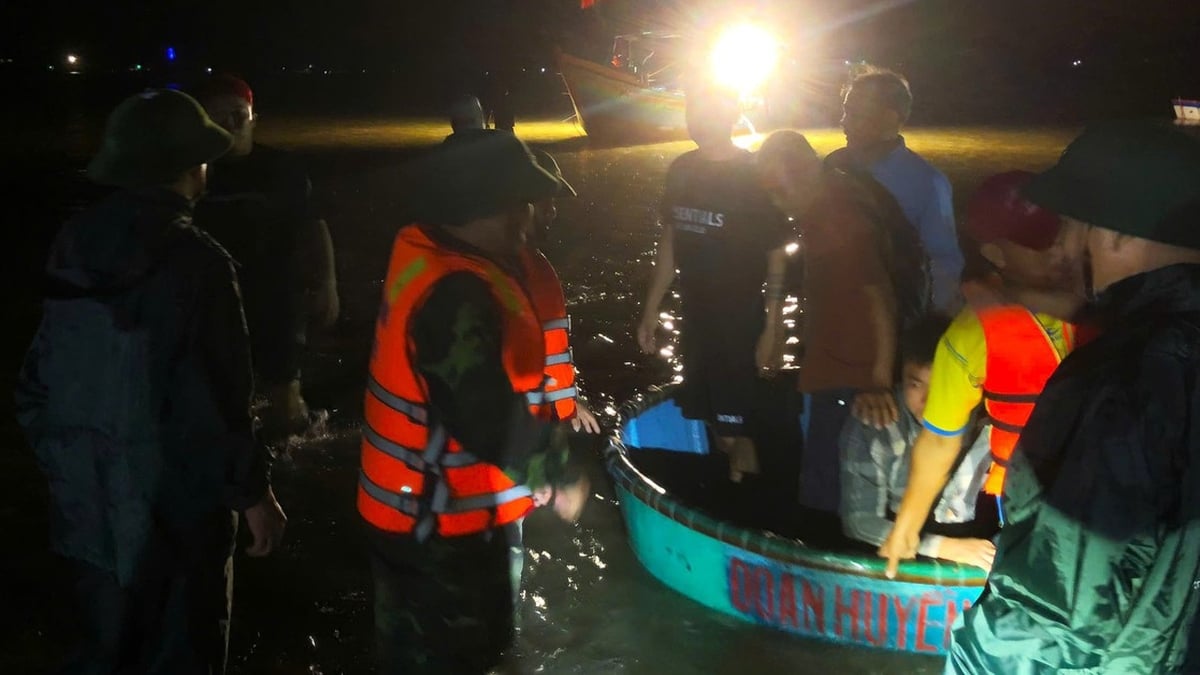

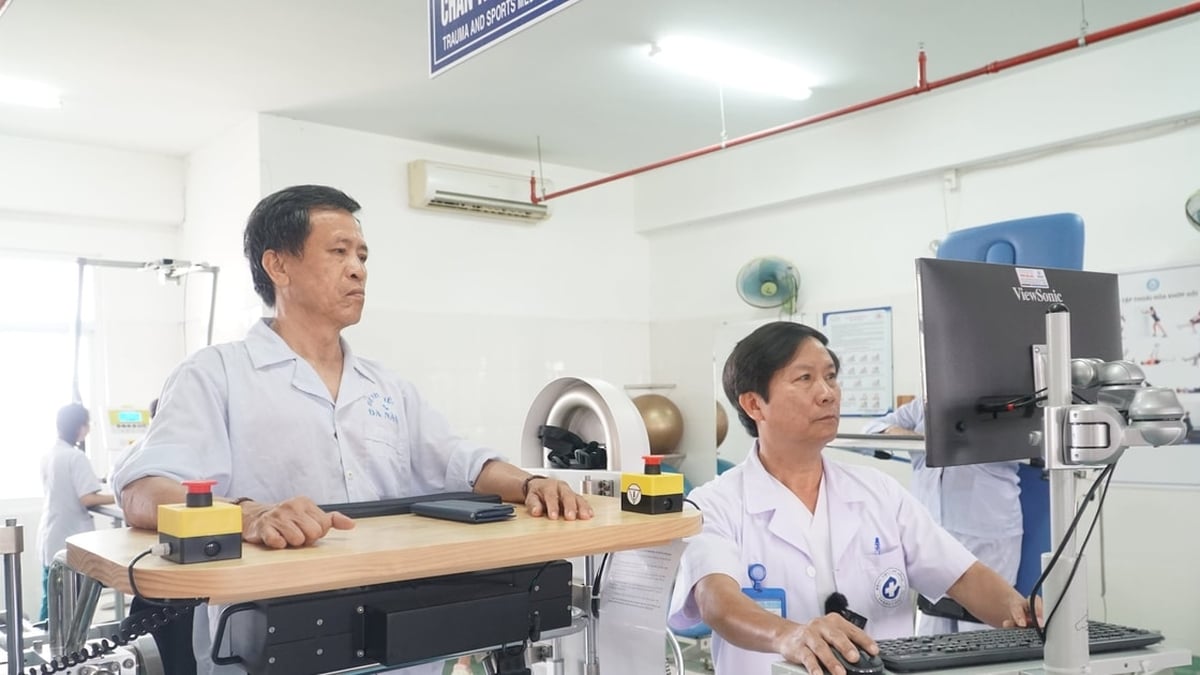
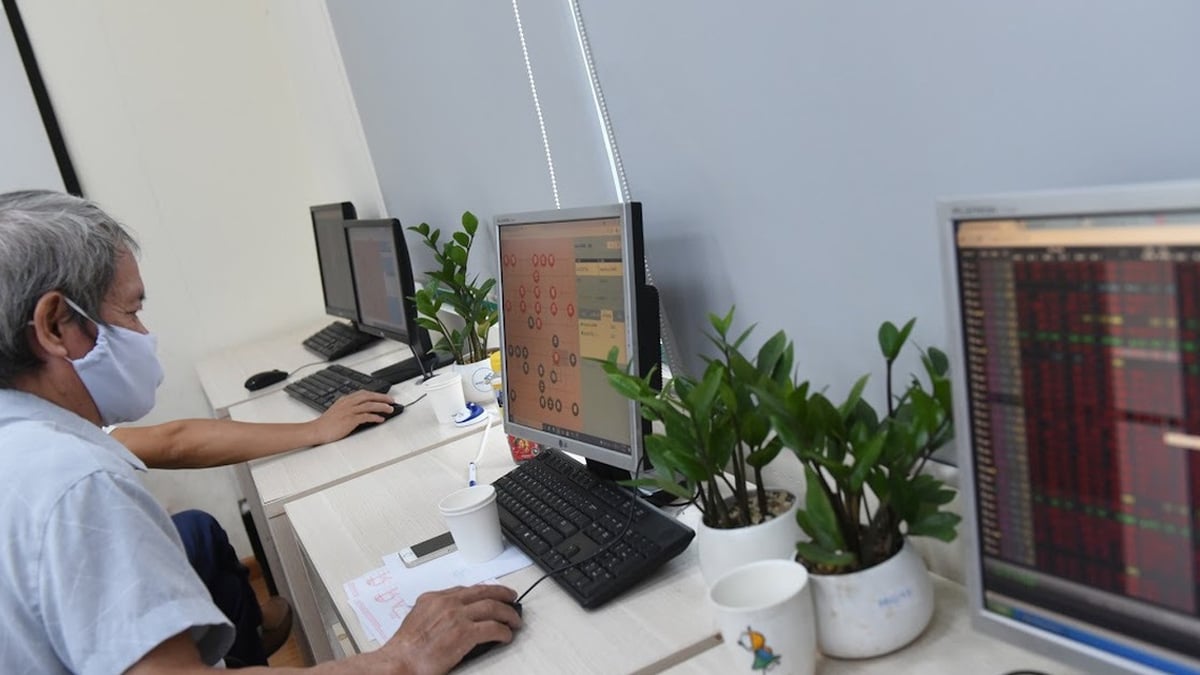
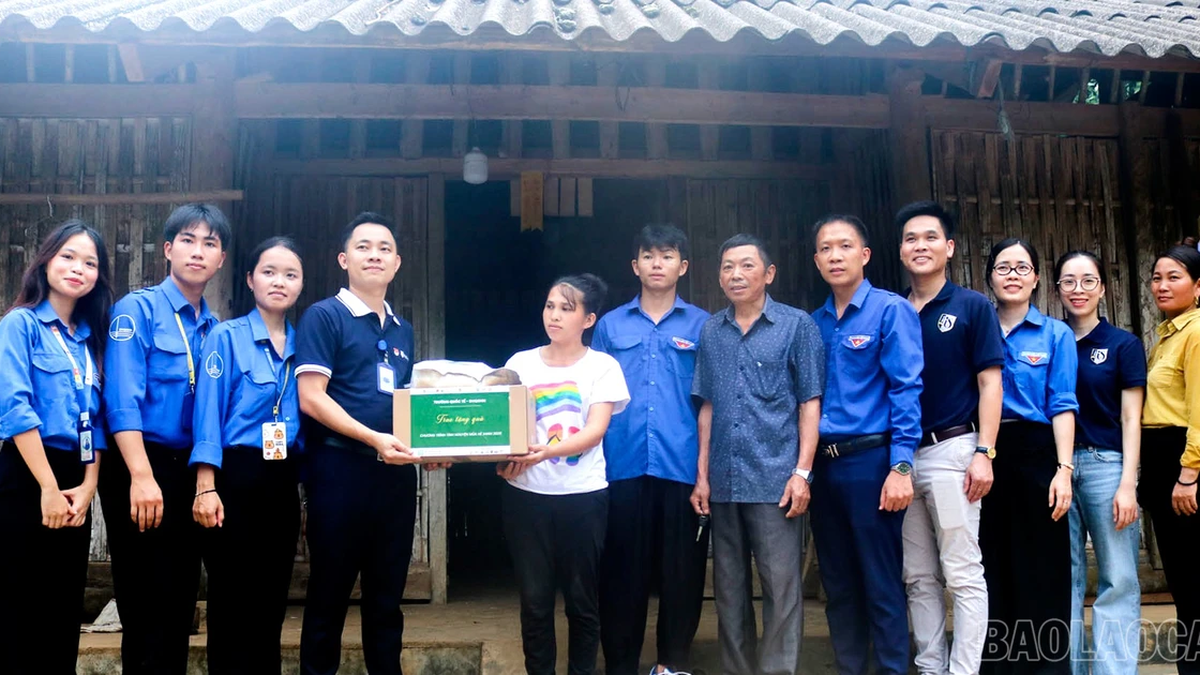


![[Update] - Thunderstorms cause many houses to have their roofs blown off and offices damaged](https://vphoto.vietnam.vn/thumb/1200x675/vietnam/resource/IMAGE/2025/7/20/bd58d40a73fc4ee3a418cd32e656dbad)
![[Photo] National Assembly Chairman Tran Thanh Man visits Vietnamese Heroic Mother Ta Thi Tran](https://vphoto.vietnam.vn/thumb/1200x675/vietnam/resource/IMAGE/2025/7/20/765c0bd057dd44ad83ab89fe0255b783)























































































Comment (0)